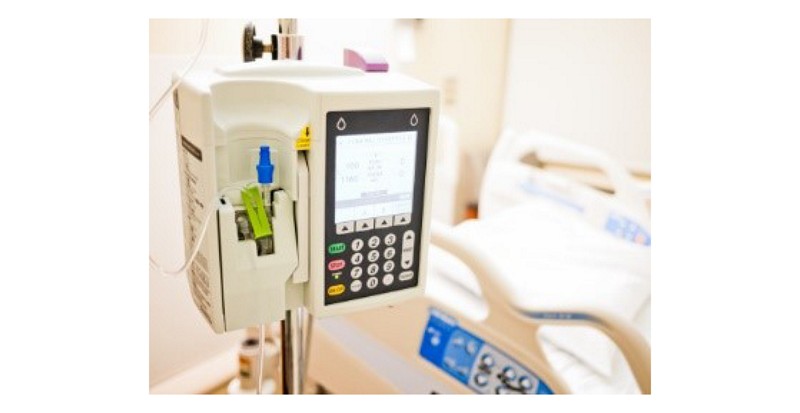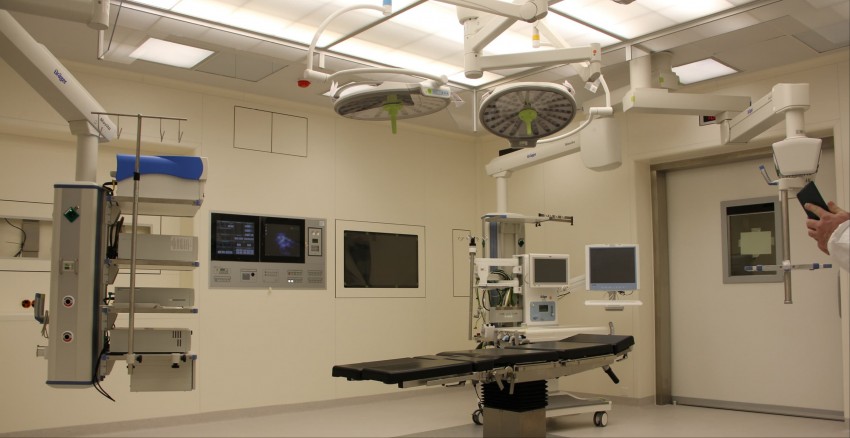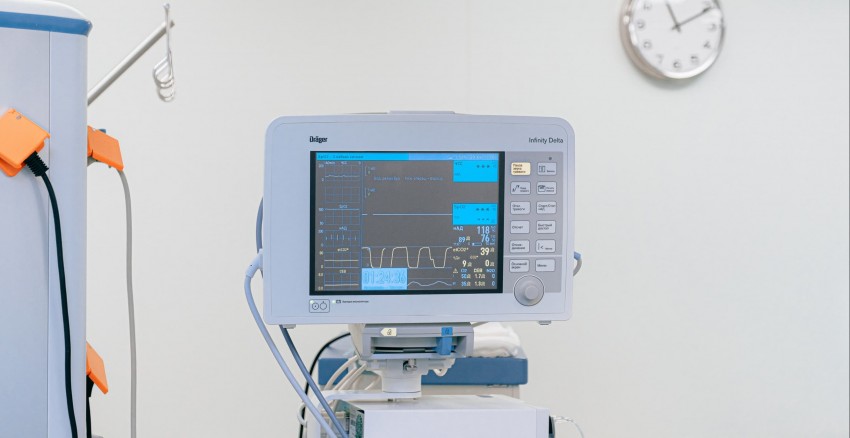Six safety factors to check when buying infusion pumps


Have you ever given birth? If you have, you are all too familiar with the IV drip that they attach to your arm through a catheter. They thread the catheter through a needle that they stick through a vein in your arm. Well, the IV fluid has to be stored in and flow form somewhere. That ‘somewhere’ happens to be an infusion pump. But not all infusion pumps are the same. There are six safety factors to look for when buying them,
What to look for when buying an infusion pump
There are some key things you want to look for when buying an infusion pump because quality and safety matter in a hospital setting.
Failure point - in plain English, this refers to the point where the infusion pump either stops working properly or stops working period. Since this would be disastrous in a major operation, avoid buying infusion pumps that have failure points. If the infusion pump is prone to fail, it must have a mechanism that will alert the nurse so that he or she can restart the pump. Any infusion pump you have must have this indication.
Pressure sensors - these go off when the bag is either under too much or too little pressure. Either situation can cause the bag to fatally deflate or leak/explode. Neither is good for either the hospital or the patient. So only buy an infusion pump with a pressure sensor.
The battery must never fail - this is a given. If the battery fails, the pump will stop working and the patient receiving food or fluids through IV could die. Always look for infusion pumps for strong batteries that will last.
Air detector - did you know that some veins are smaller than a single strand of human hair? Even the smallest air bubble can block the flow of blood and nutrients. This can cause the patient to die from a devastating stroke or heart attack. Make sure that the infusion pump you buy has a sensor that will detect and alert you when air has entered into either the pump or the IV tubing.
Impermeable - what this means is that the infusion pump must be air tight whatever liquid is in the pump must not be allowed to leach into its electrical mechanisms or battery storage unit. This can cause severe electrocution and loss of function. Both can be fatal to the patient receiving the iV.
Up down pressure sensors - these will indicate when either the patient’s vein or the iv tube/bag is being blocked. The nurse can then remove the blockage. Never buy a pump without this mechanism. Doing so could lead to sudden patient death and lots of malpractice lawsuits.
Infusion pumps are lifesavers only if…
Infusion pumps are to post-modern science what penicillin and the polio vaccine were to modern science. All were lifesavers. However, infusion pumps are lifesavers only when equipped with the safety features mentioned above.

Oxygen is essential for us all as it keeps our...

It is more efficient to use infusion pumps to a...

The cost of healthcare is constantly on the ris...

If you have ever wondered what those machines t...